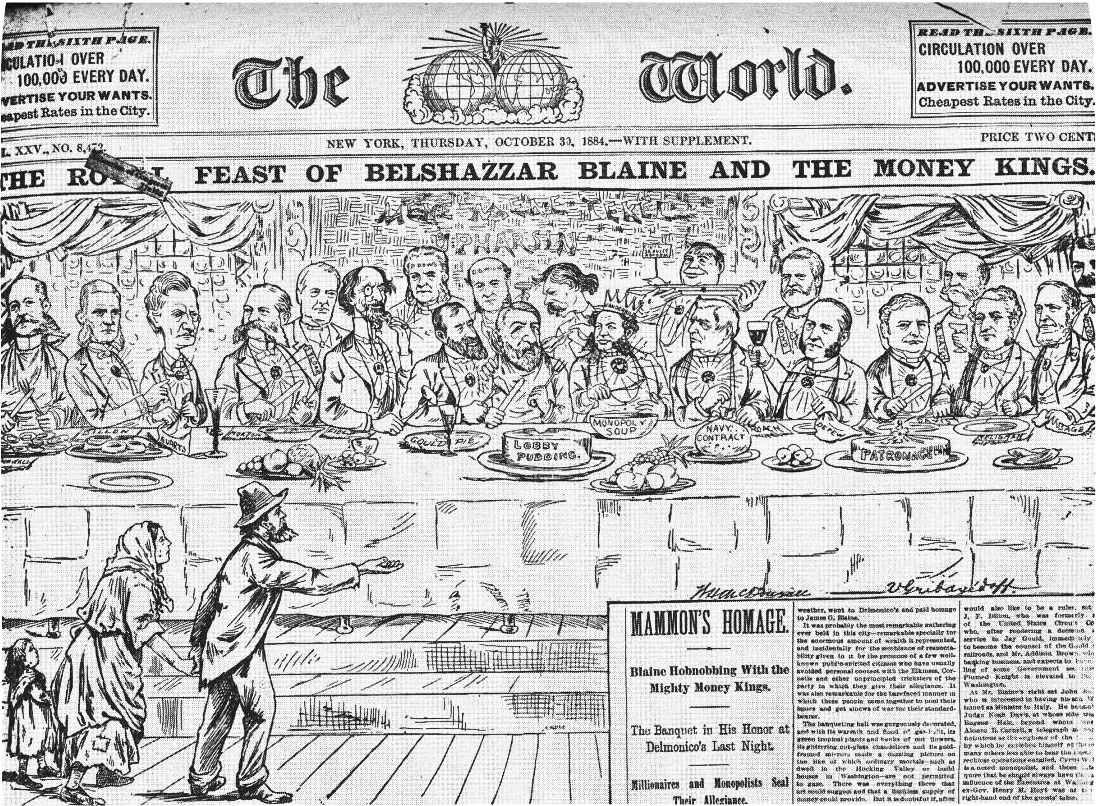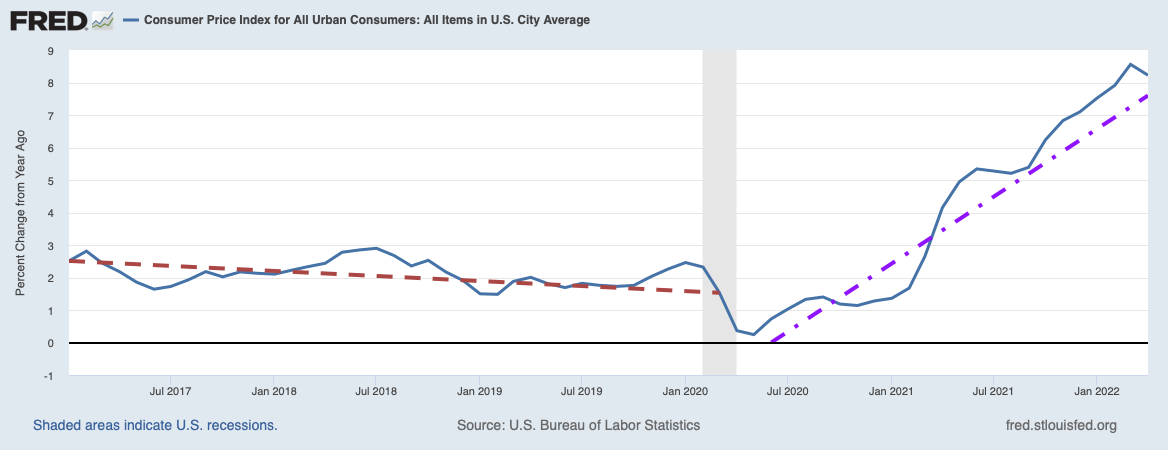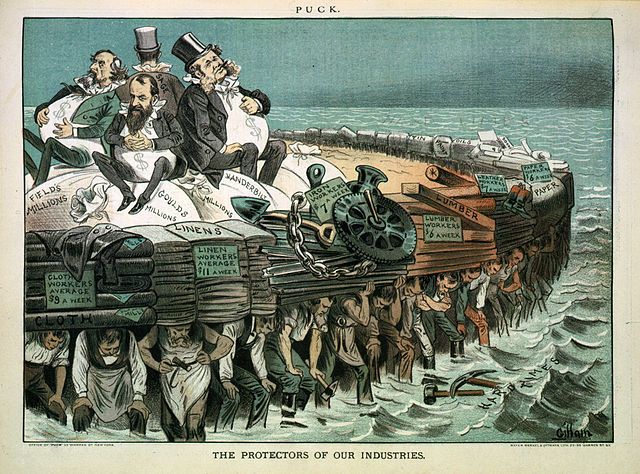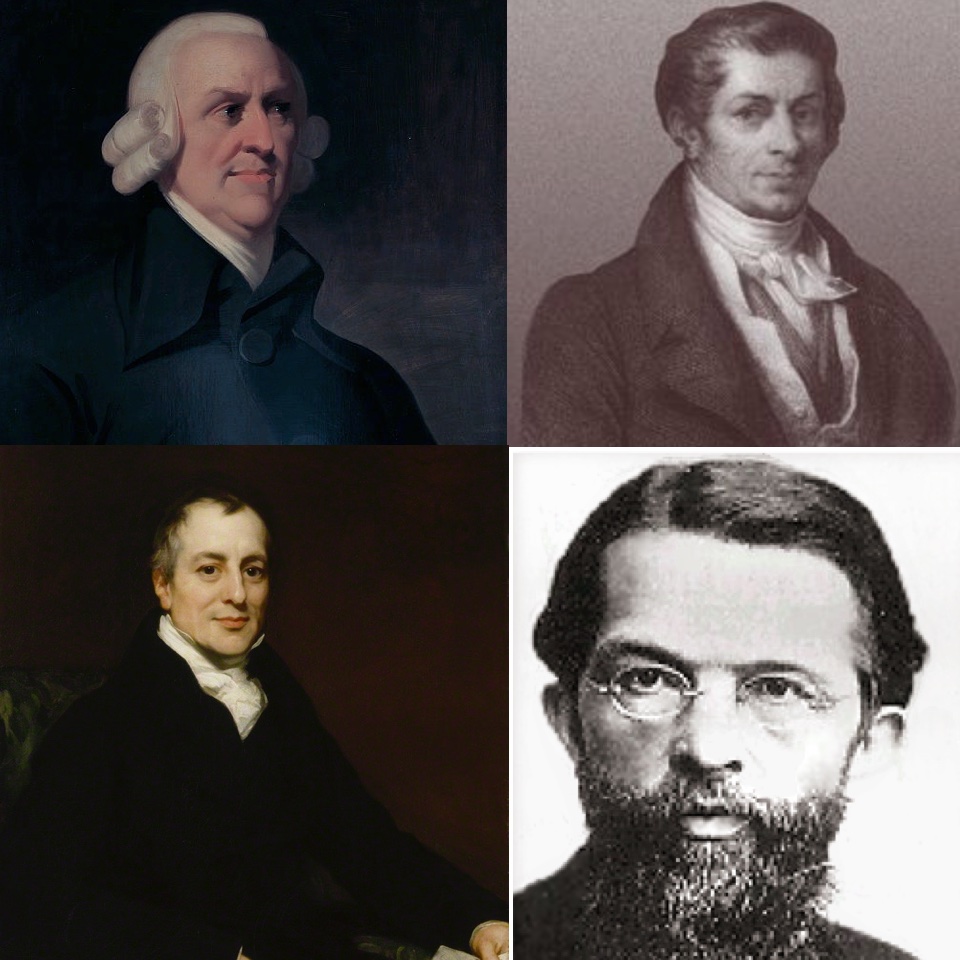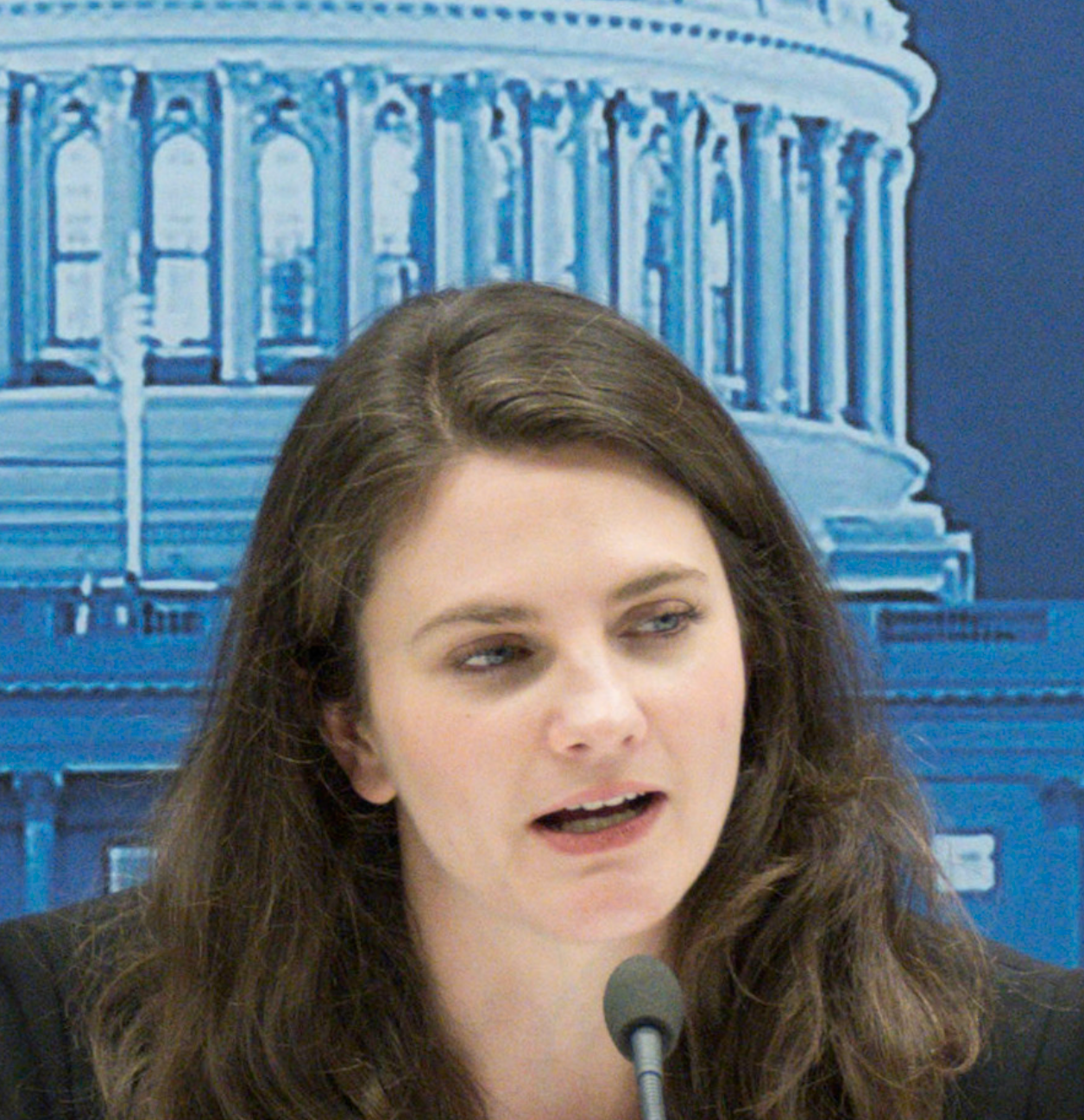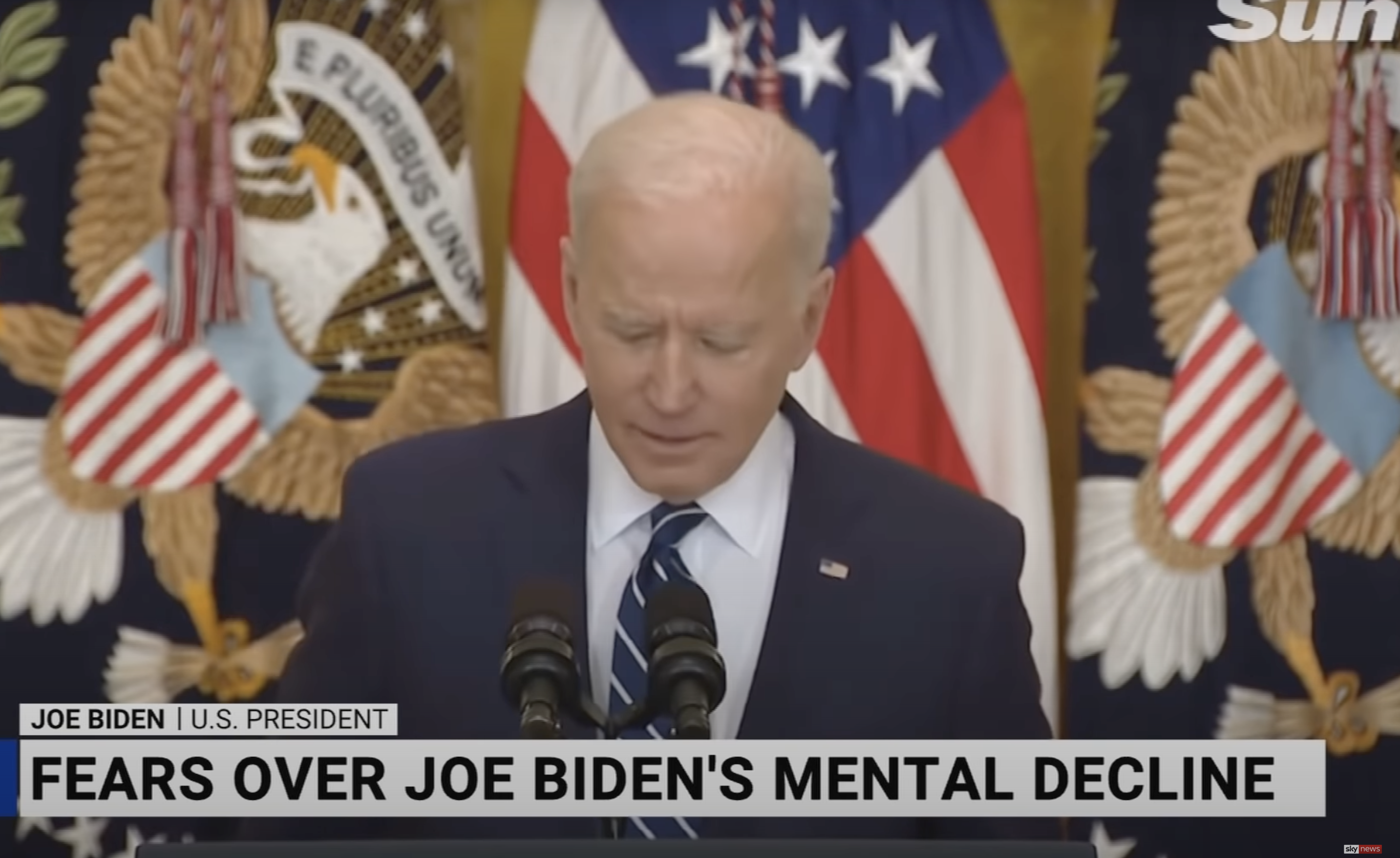Is Populist Nationalism the Leftist Bogeyman?
The bogeyman is a mythical being used by parents since time immemorial to frighten unruly children into good behavior. “Be good, ” the parents would say, “or the bogeyman will get you!” Today dirigiste elites are warning their recalcitrant and rebelling peoples they had better continue following the elite’s flawed policies. Otherwise, populist nationalism will create all sorts of evil. Those outbursts of populism and nationalism are the elites’ bogeyman. This appears to be just as true in Europe as it is in the United States.
The Different Pictures of Populist Nationalism
When I characterize populism and nationalism as a bogeyman the elites use to frighten their electorates back into line, I question how much they are a real threat. They might be a threat to the power and prestige of the current elites. However, for the nations themselves, they are a mythical menace. Nevertheless, it is a myth in which those elites themselves believe.
This is not to say there are not some unsavory and even dangerous elements within the populist revolts. Rather, the assertion is the populist revolts are mostly a healthy reaction to the many policy mistakes of the dirigiste elites. The greatest endemic threats to Western society come from a decades long accumulation of those errors.
There is a particular problem in discerning truth from falsehood in the cacophony that passes for political discourse. That is the different meanings each side invests in the words nationalism and fascism. There is not much disagreement about the meaning of populism. Nevertheless, populism is closely connected with nationalism in the populist revolts. We should first look at its meaning and at its connection to nationalism.
Populism is support for the concerns of ordinary people. In any broad based populist political movement, the common people comprising its base believe the institutions of society are rigged against them. They believe the elites are exploiting them for the elites’ purposes. What then is the connection between populism and nationalism?
The answer to that question lies in the elites’ promotion of multiculturalism. The various Western elites come to this multiculturalism through a variety of ways. By promoting multiculturalism they wish to bring the nations together. The economic and foreign policy elites in both government and corporations want to promote international trade for at least two reasons. The first is to promote general prosperity through an international division of labor promised by Ricardo’s law of comparative advantage. The second is to promote international peace by uniting the nations with the bonds of international commerce.
The academic elites in the universities share those two motivations and add yet another. Academics, particularly those in the social sciences and the liberal arts, tend to believe reality is a relative thing. They view the values of one society within its own milieu as equivalent in value to those of all others. Many academic postmodern multiculturalists come from the ranks of the New Left intellectuals of the 1960s and 1970s. Those intellectuals hated the United States for its capitalism and its past sins of racism and slavery, or for its foreign military entanglements. Loathing much of their own culture, they saw aspects of other cultures as attractive.
Whether Western and other cultural values are equal in validity or not, multiculturalists demand, both here in the United States and in Europe, that immigrants or refugees from other cultures not be forced to assimilate into the host culture. If immigrants concentrate in their own communities, they can practice their native social values. After all, those values have the same validity as American or European values. Believers in multiculturalism claim we should glory in the diversity of cultures within our country.
Then came the flood of Middle Eastern and North African refugees into Europe. In the United States we are experiencing a similar flood, especially from Central America. The multiculturalists of the Western elites, whether Angela Merkel of Germany or the progressives of the United States, argue our countries should open their borders to accept the refugees. Voters saw how these illegal immigrants took jobs from low-skilled citizens and how many of the immigrants are an increasing burden on governments at all levels. In reaction, citizens rebelled throughout the West. As a response to the elites’ multiculturalism, the resulting populist revolts demanded support for their own nation’s requirements and values. The needs of a nation’s native citizens should be served before those of the immigrants battering at the gates. This is not a matter of racism; it is a matter of priorities. Just as we can not be the world’s policeman, we can not be expected to take in every refugee who wants to enter. Accepting that burden would destroy us.
This connection between populism and nationalism in the current political environment has a very important consequence. The dirigiste elites of the West want to conflate the recent nationalist and populist revolts with the populist nationalism of Nazi Germany. Therefore, anyone who supports populist nationalism must also be a closet fascist. Moreover, as the fascists were also racists who wanted to kill all who did not belong to their “Master Race”, the supporters of the revolts must be strongly suspected of the same mortal sin. This narrative gave birth to the elites’ bogeyman. Especially in the eyes of American progressives, populism, nationalism, racism, and fascism are all united in the populist revolt that gave us President Donald Trump.
Propaganda and Truth
One does not have to look far to find problems with the elites’ definition of their bogeyman. Let us begin by comparing the nationalism of Donald Trump with the nationalism of Nazi Germany and of fascist Italy in the 1930s. Nazi Germany was a militaristic state that sought the conquest of all the rest of Europe and of Russia, with the exception of their ally Italy.
Donald Trump on the other hand does not purposively seek out military adventures. He has reacted with armed force to the use of chemical weapons on civilians in Syria, and to the threat of ISIS in Iraq and Syria. Although he continues the fight against ISIS and the Taliban in Afghanistan, he has begun negotiations with the Taliban to find a way out. He has authorized a U.S. naval presence in the Persian Gulf and the Gulf of Oman to keep a watch on terrorist Iran. To suggestions he is a warmonger like the Nazis, he has repeatedly replied he prefers negotiations to war. Rather than desiring an empire like 1930s fascists, he seeks to check and deter foreign adversaries. In all this he is quite different from the fascists who started World War II.
Moreover, the nationalism of 1930s’ Germany and Italy was an authoritarian nationalism. Nationalism meant the national government had complete control of society. Those two fascist states were socialist states that totally controlled their economies through economic regulations and other means. The means of production might have been owned by companies, but those companies had effectively been converted into government organizations. The difference between the Soviet Union and Nazi Germany was purely cosmetic.
If Trump and the Republican Party were in fact fascists, they would be seeking to increase government control over society in general and over the economy in particular. However, the exact opposite is the case. Trump has greatly reduced government regulations with a highly successful deconstruction of a portion of the administrative state. In addition, taking advantage of the fact that budget reconciliation bills can not be filibustered in the U.S. Senate, the Republicans were able to pass the Tax Cut and Jobs Act of December 2017. This act transferred control of a large chunk of the annual GDP from the federal government to private companies and to individuals. Moving economic assets from the government’s possession to private control weakens government control over the economy. It is a very odd fascist indeed who takes power from the government to return it to the people.
Finally, the fascists of the 1930s were inveterate racists who promoted the racial purity of their people. While Trump’s language is occasionally suspect, his every official act has done nothing but good for minorities, particularly for blacks. The unemployment rates for African Americans and for Hispanics have reached historic lows. Trump’s language is often imprecise, leading to misunderstandings. He is often accused of being a racist because he notes there are criminals among illegal immigrants. However, a black member of Trump’s cabinet, HUD Secretary Dr. Ben Carson, gives personal testimony in the video below that Trump does not act like any racist he has ever met.
When the Democratic accusations of Republican racism are compared with their own past history and verbiage, their own hypocrisy appears quite extraordinary.
In all of these areas, the nationalism of Donald Trump and the Republicans shows no similarity to the nationalism of Nazi Germany’s Nationalsozialistische Deutsche Arbeiterpartei.
None of the previous discussion even begins to describe all of the real reasons for the populist revolts. The real reasons for those rebellions are decades of accumulated errors by the elites. The illegal immigration problem is only a small part of their errors. Our analysis only serves to illustrate how the elites’ response to the populist revolts is bogus. In the United States at least, the bogeyman the progressive elites have constructed in railing against the Trump administration is clearly a mythical beastie. That bogeyman is a construct of progressive propaganda.
Views: 2,113























